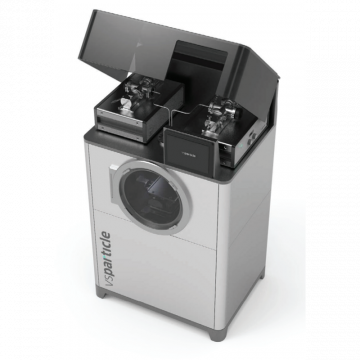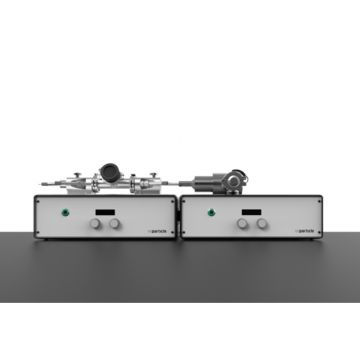Solid catalysts are at the heart of 90 % today’s energy and chemical industries. Catalysts have a vital role in both established and emerging industrial processes and remain indispensable as we develop new processes while addressing societies greatest challenges linked to sustainable energy production and climate change. Developing new and more efficient electrocatalysts is an essential step to securing a sustainable future powered by clean and renewable energy.
Classical heterogeneous catalysts (in which a solid catalyst is used for gas/liquid phase thermochemical reactions) have seen over 150 years of improved understanding and incremental enhancements which has resulted in their widespread adoption within industry and academia. However, the need to develop clean, efficient, and sustainable energy sources with effective storage solutions has led to a surge of interest in electrocatalysts, specifically for water electrolysis and fuel cell applications. A major driving force for this electrocatalysis boom is the wide-ranging applications in which electrocatalysts are employed, and the need to screen a vast array of potential material compositions to obtain novel electrocatalysts that are highly active, stable, cheap and industrially scalable.









